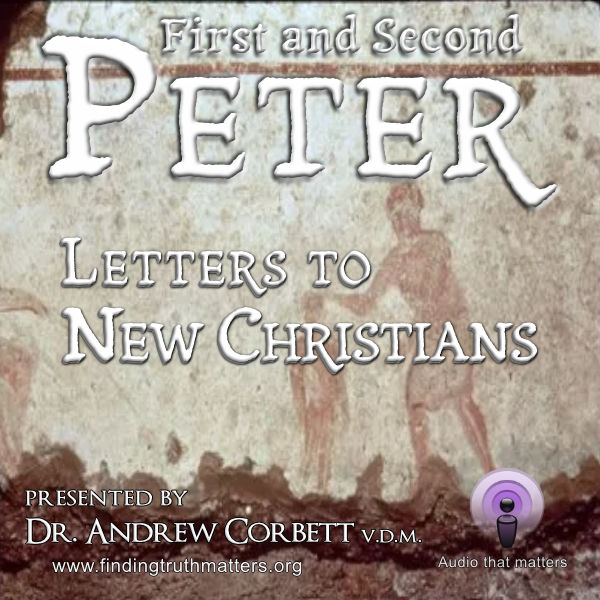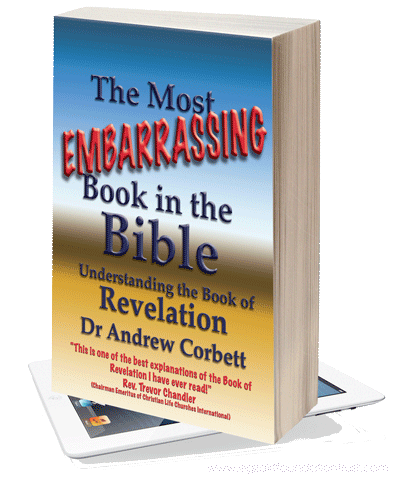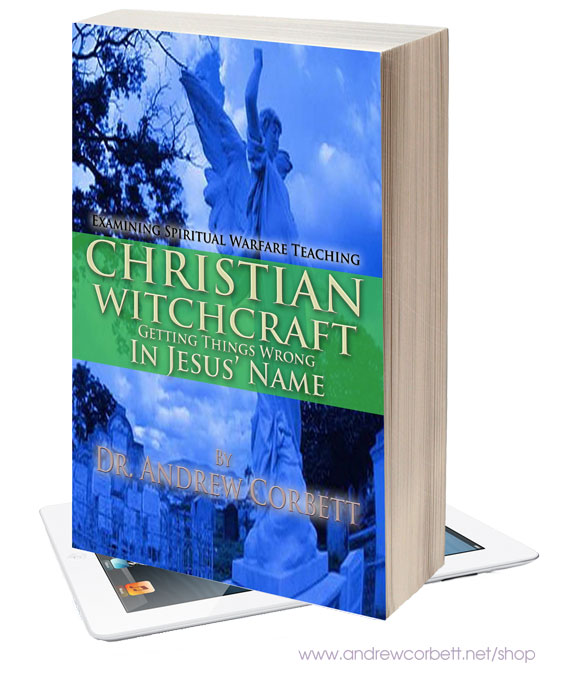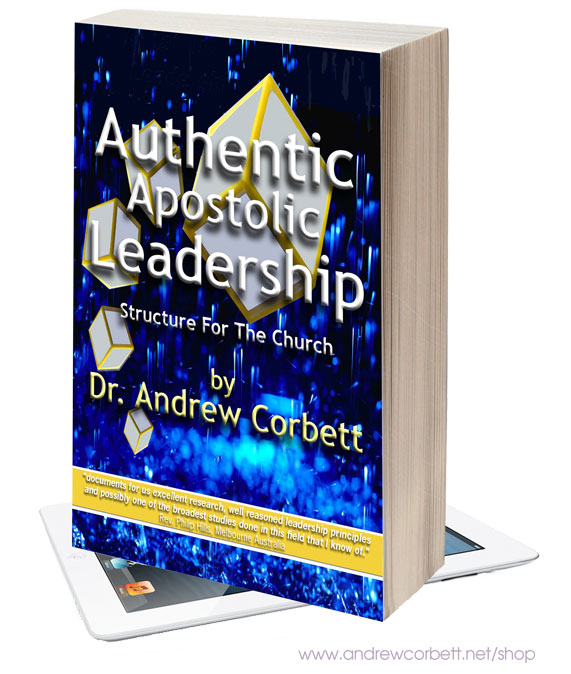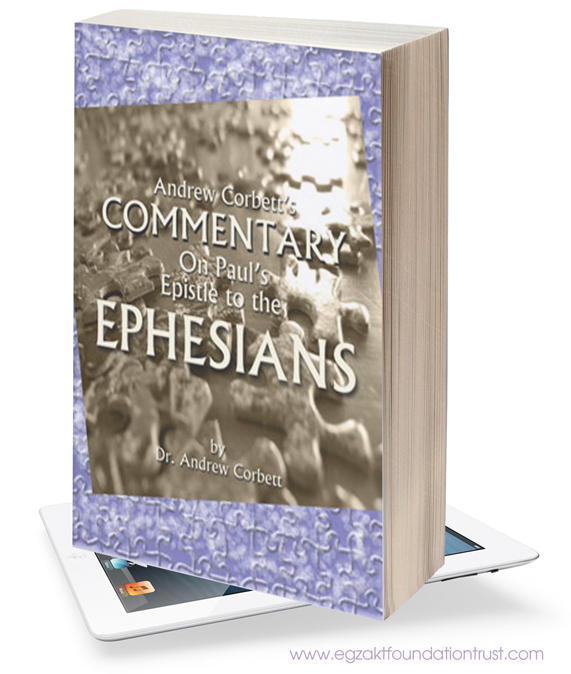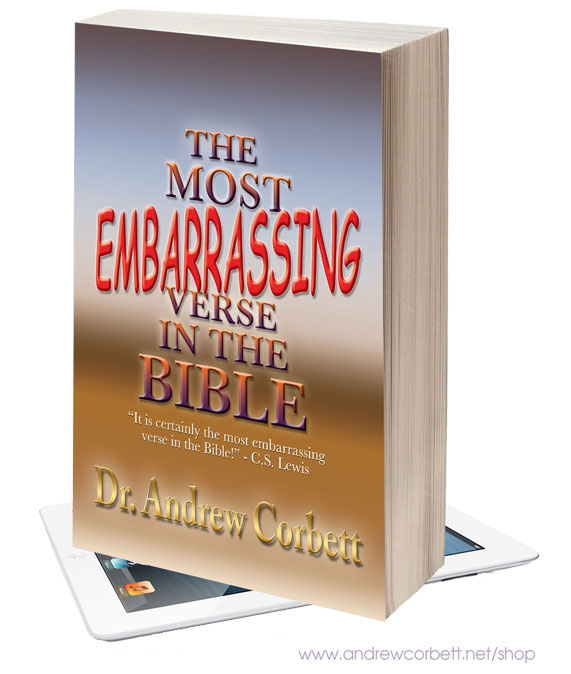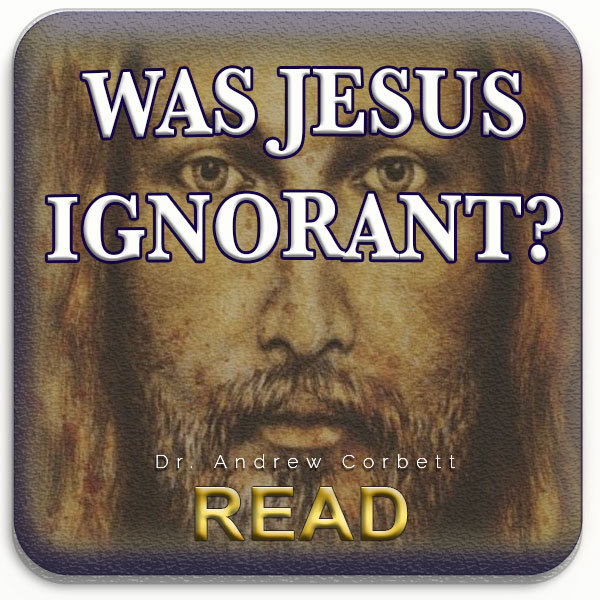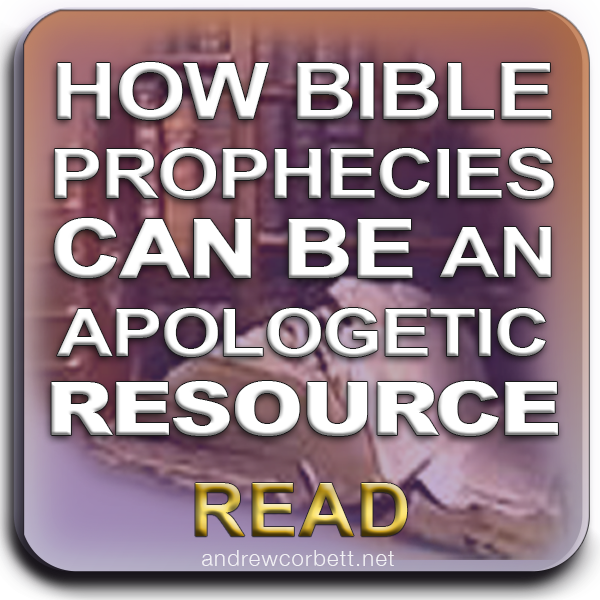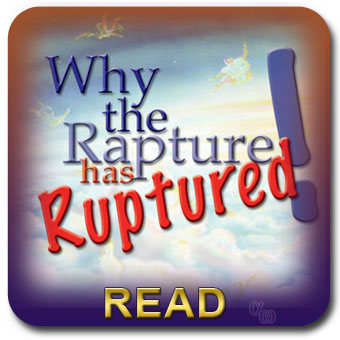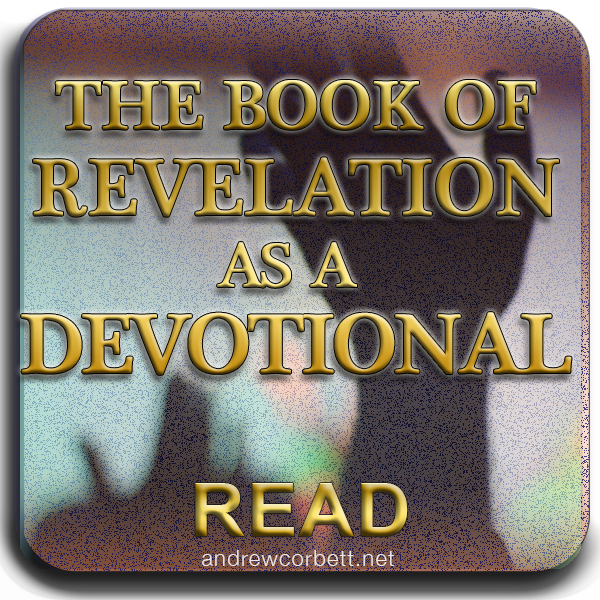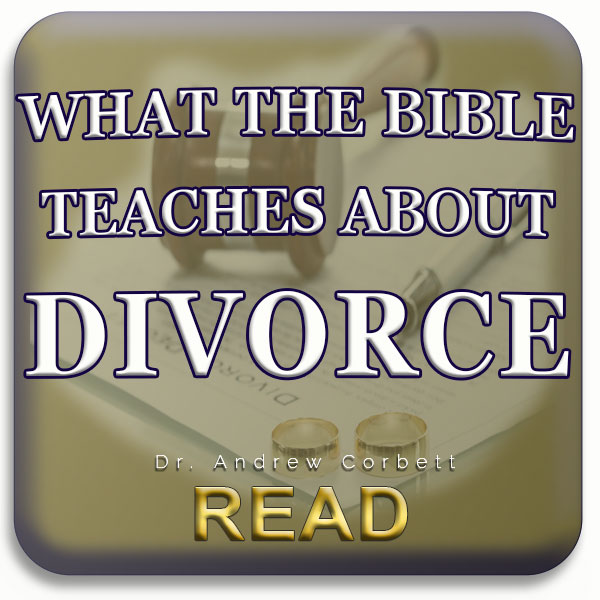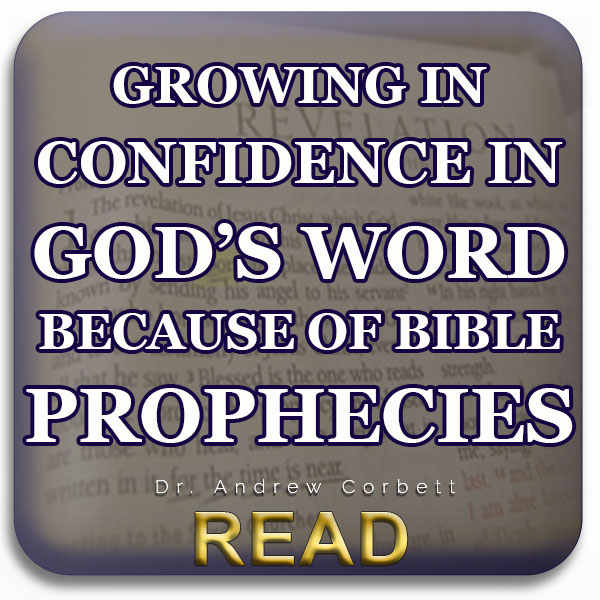November 7th, 2025
TAKING THE BIBLE LITERALLY?
I’ve been reading some of the works of the French literary philosopher, Paul Ricoeur. He thought deeply about communication and wrote about how speech developed when people began to create words which referred to what they were trying to communicate. Ricoeur points out that this means all language is symbolic and, when used, has the ability to stimulate imagination.
In English, if I say “A banana is a fruit.” Chances are you imagine what a banana looks like without the need for me to show you a banana. This is because our imagination draws upon our memory of seeing a banana and helps us to recall it. Ricoeur then thought through about the process of communicating from speech to text. Each part of text is also a symbol. These words on this screen are all symbols which your imagination deciphers. Ricoeur then considered how text developed into a means by which a writer could evoke the imagination with literary devices such as metaphors (a word or combination of words which have an ordinary sense but are used to convey a different meaning). He offers an example from Shakespeare: “Time is a beggar.” ‘Time’ has an ordinary meaning and ‘beggar’ has an ordinary meaning, but when used like this example it produces a new meaning.
The Bible also contains metaphors. “The Lord is my rock.” “I am the door.” These figures of speech are intended by a writer to literally mean something without taking these words in their ordinary sense. Thus, to read the Bible literally requires a reader to recognise that a writer is often wanting to convey something about truth in a richer, more beautiful way which can speak deeply into our soul through our uniquely human trait of being able to see things more clearly with our imagination.
The two New Testament epistles ascribed to the Apostle Peter are lesser known by most Christians than the Epistles of the Apostle Paul. Some scholars believe that First Peter may have been written to young Christians and may have even served as a ‘catechism’ for those about to be water baptised. In this episode, we look at how Peter presents God as Father, Son, and Spirit, and how Christianity commences with becoming ‘born again’. But this is not where Christianity ends – and that aged Apostle Peter gives instructions on how a new believer is to grow in the faith by exploring what the knowledge of God and His grace requires. LISTEN

